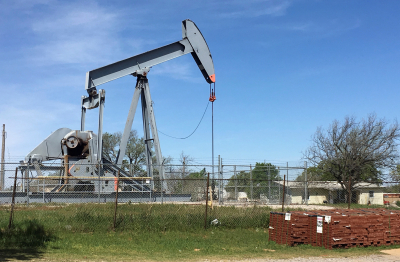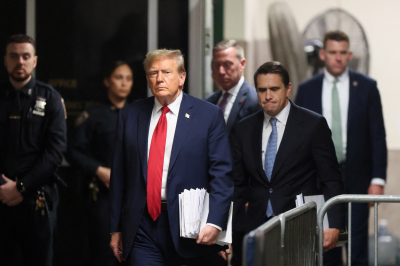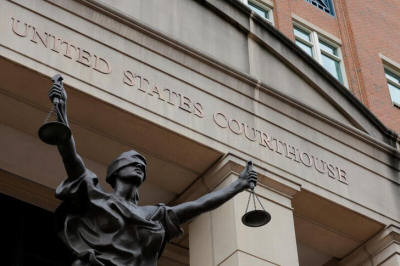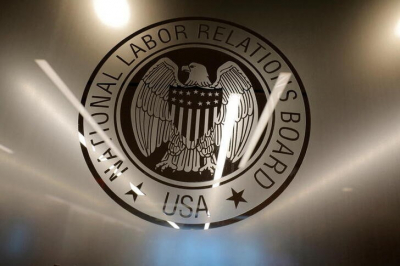Unveiling the Student Movement: A Closer Look at the Role of Students in PSU Protests
Exploring the Intersection of Academia and Activism
As the dust settles after recent protests at Public State University (PSU), a striking statistic emerges: approximately 20% of those arrested were students. This revelation underscores a complex relationship between academia and activism, raising questions about the role of students in contemporary social movements.
As a seasoned journalist with a decade of experience, I've delved into the intricacies of this phenomenon, seeking to understand the motivations, challenges, and impact of student involvement in protests.
The Emergence of Student Activism
Student activism is not a new concept, but its resurgence in recent years demands attention. From advocating for environmental sustainability to protesting against systemic injustices, students have been at the forefront of pressing societal issues. The protests at PSU serve as a microcosm of this larger trend, reflecting a generation's desire for change.
Motivations Behind Student Participation
What drives students to leave their lecture halls and take to the streets? Through interviews and analysis, it becomes clear that a multitude of factors are at play. For some, it's a sense of moral obligation, fueled by a desire to stand up against perceived injustices. Others are motivated by personal experiences of discrimination or inequality, prompting them to demand systemic change within their own institutions.
Navigating Academic and Activist Spaces
Balancing academic responsibilities with activism is no easy feat. Students involved in protests must juggle coursework, exams, and deadlines alongside organizing rallies, attending meetings, and engaging in direct action. This delicate balance requires resilience, time management skills, and a supportive community.
However, the path of the student activist is not without obstacles. Controversies often arise, with debates over the appropriateness of protest tactics, concerns about safety and legality, and clashes with university administrations. Moreover, students may face backlash from peers, faculty, or even family members who may not share their political views.
Despite these challenges, the impact of student activism cannot be overlooked. Beyond raising awareness and amplifying marginalized voices, student-led protests have catalyzed tangible change within educational institutions and society at large. Whether through policy reforms, institutional commitments to diversity and inclusion, or shifts in public discourse, the legacy of student activism endures.
As we reflect on the role of students in the PSU protests and beyond, it's clear that their voices will continue to shape the landscape of activism. By fostering dialogue, nurturing empathy, and empowering future generations, we can ensure that the legacy of student activism remains a powerful force for positive change in the years to come.
Empowering Voices, Shaping Futures
In the wake of the PSU protests and the broader resurgence of student activism, one thing is abundantly clear: the voices of students are indispensable in the fight for a more just and equitable society. As we conclude our exploration of the intersection of academia and activism, several key themes emerge.
Firstly, the motivations driving students to participate in protests are as diverse as the students themselves. Whether fueled by moral obligation, personal experiences, or a desire for systemic change, these motivations underscore a deep-seated commitment to social justice.
Secondly, navigating the dual roles of student and activist presents unique challenges, from balancing academic responsibilities to facing controversies and backlash. Yet, it is precisely through these challenges that students develop resilience, leadership skills, and a sense of collective purpose.
Thirdly, the impact of student activism extends far beyond the confines of university campuses. From policy reforms to shifts in public discourse, the legacy of student-led protests reverberates throughout society, leaving an indelible mark on the quest for progress.
As we look ahead, it is incumbent upon us to continue nurturing and empowering student voices. By fostering spaces for dialogue, supporting grassroots organizing efforts, and amplifying marginalized perspectives, we can ensure that the legacy of student activism remains a catalyst for positive change in the years to come.
In the words of Angela Davis, renowned activist and scholar, "Radical simply means 'grasping things at the root.'". In this spirit, let us continue to challenge the status quo, confront injustice, and strive towards a future where every voice is heard, and every individual is empowered to shape their own destiny.





